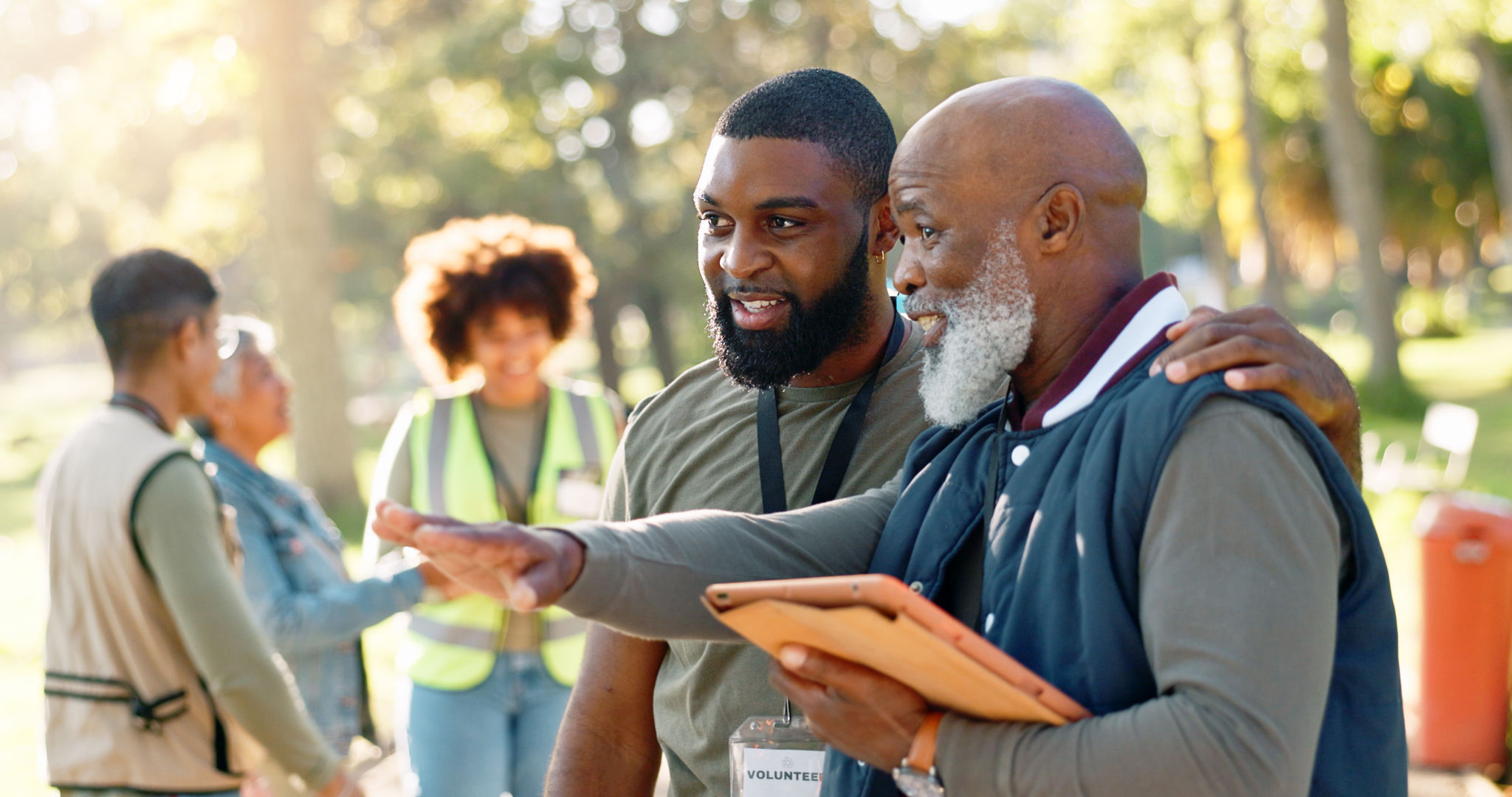Top Skills to Boost Your Volunteering Impact
Understanding the Power of Volunteering
Volunteering is more than just giving your time; it’s about making a significant impact on communities and individuals. Whether you're mentoring youth, assisting in disaster relief, or supporting local charities, your contributions can change lives. To maximize your impact, it’s essential to develop specific skills that enhance your effectiveness as a volunteer.
Communication Skills: The Foundation of Effective Volunteering
Effective communication is crucial in any volunteer role. Being able to convey messages clearly and listen actively can help you understand the needs of the people or organizations you are assisting. Strong communication skills also build trust and foster positive relationships.
To improve communication skills, consider practicing active listening, which involves giving full attention to the speaker and providing feedback. Additionally, honing your public speaking abilities can be beneficial, especially if your volunteer role involves advocacy or awareness-raising activities.

Adaptability: Navigating Diverse Environments
Volunteering often places you in new and challenging environments. Adaptability is the ability to adjust to these new situations effectively. This skill ensures that you can handle unexpected changes or obstacles without stress or frustration.
To enhance adaptability, try exposing yourself to various volunteer settings and embrace the learning opportunities they present. Being open-minded and flexible in your approach will allow you to provide better support to those you are helping.

Teamwork: Collaborating for Greater Impact
Many volunteer projects require collaboration with other volunteers, staff, or community members. Teamwork is essential for achieving common goals and ensuring the success of the project. Working well in a team involves understanding group dynamics and being able to contribute effectively.
To foster teamwork skills, engage in group activities that require coordination and cooperation. Being a good team player involves recognizing the strengths of others, sharing responsibilities, and supporting your teammates.
Problem-Solving: Overcoming Challenges
Challenges are inevitable in volunteering. From logistical issues to interpersonal conflicts, problem-solving skills are vital for overcoming these hurdles. This skill enables you to think critically and come up with effective solutions promptly.
Develop problem-solving abilities by engaging in activities that require strategic thinking, such as puzzles or project management tasks. Learning to approach problems methodically will improve your efficiency as a volunteer.

Empathy: Connecting on a Deeper Level
Empathy allows you to truly connect with the individuals and communities you are serving. It involves understanding and sharing the feelings of others, which can lead to more meaningful interactions and support.
To cultivate empathy, practice putting yourself in others' shoes and actively listening to their stories without judgment. This emotional intelligence not only enhances your volunteering efforts but also enriches your personal and professional life.
The Importance of Continuous Learning
The landscape of volunteering is constantly evolving, and continuous learning is key to staying effective. Keeping yourself updated with new techniques, technologies, or strategies relevant to your volunteer work can greatly enhance your contributions.
Consider attending workshops, webinars, or training sessions related to your area of interest. This commitment to growth ensures that you are always ready to provide the best support possible.

In conclusion, developing these skills can significantly boost your volunteering impact. By focusing on communication, adaptability, teamwork, problem-solving, empathy, and continuous learning, you can make a profound difference in the lives of others while enriching your own experiences.